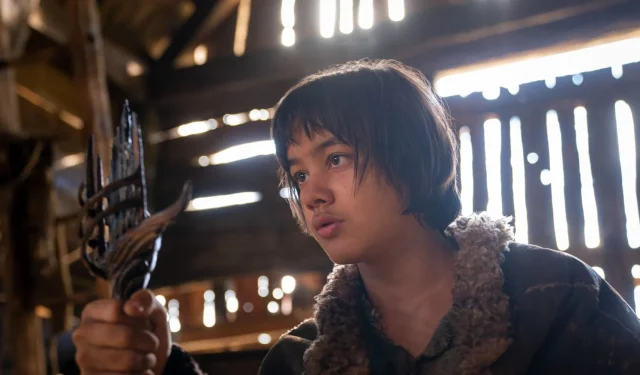
Amazon’s The Lord of the Rings: The Rings of Power has enriched the mythos of J. R. R. Tolkien’s Middle-Earth by introducing a multitude of new characters and plot lines set during the Second Age. While it aligns with the visual and narrative style established in Peter Jackson’s film adaptations of The Lord of the Rings and The Hobbit, the series carves its own path by focusing on original interpretations of events. This creative direction is largely due to legal constraints that prevent the usage of The Silmarillion, Tolkien’s foundational history of Middle-Earth, as a reference.
Despite facing criticism, the series has seen considerable success, leading to a confirmed third season. This continued development means viewers will gradually uncover the show’s many secrets. One of the most compelling mysteries revolves around Theo, a young boy from the Southlands who forms a bond with key characters like Galadriel and Isildur. While Theo’s mother, Bronwyn, plays a notable role, the identity of his father remains undisclosed. Even more intriguing is the question of what destiny lies ahead for this ambitious boy from Tirharad.
5. Ancestor of Eorl the Young
Theo’s Bloodline May Lead to the Kingdom of Rohan
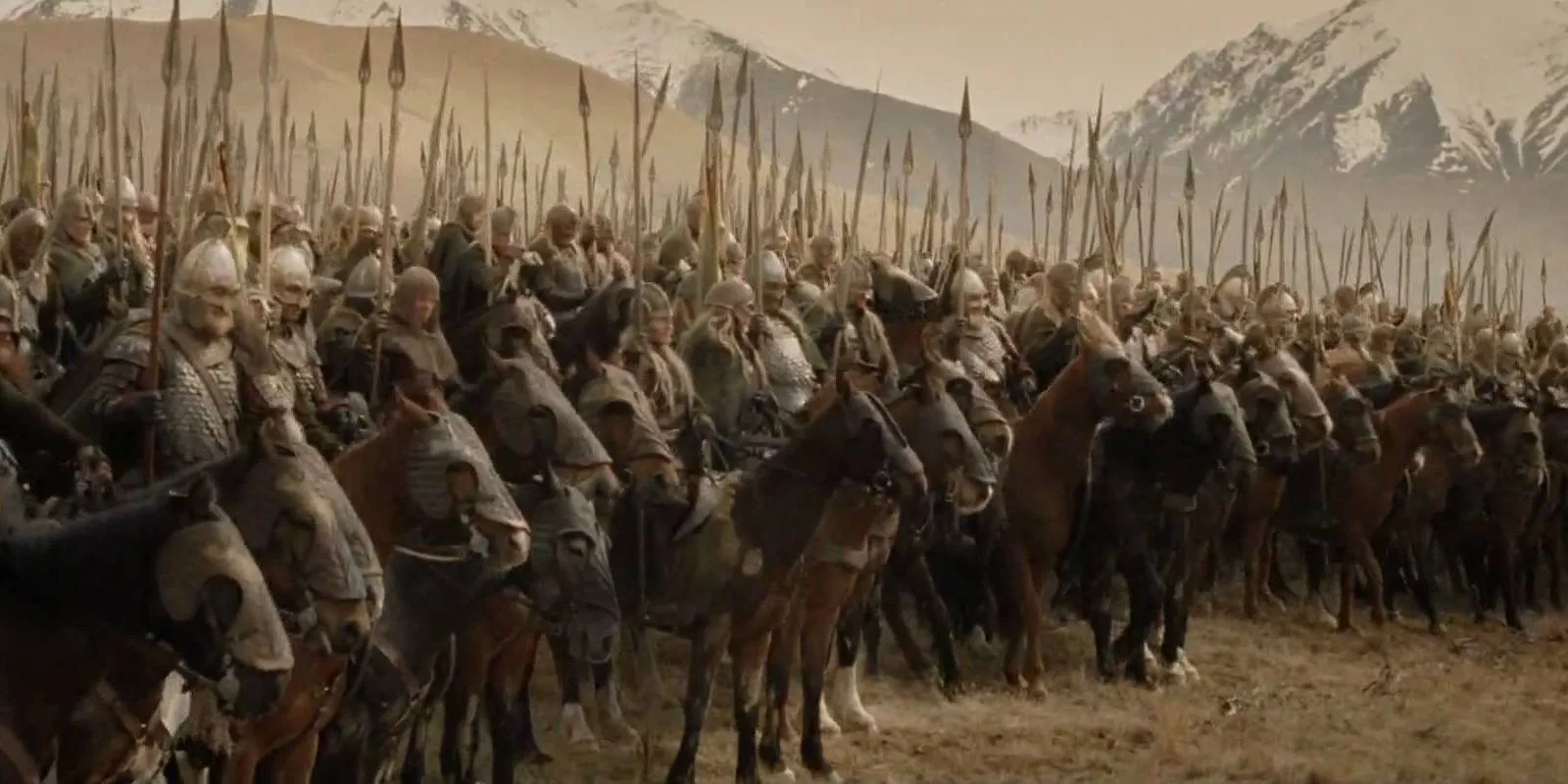
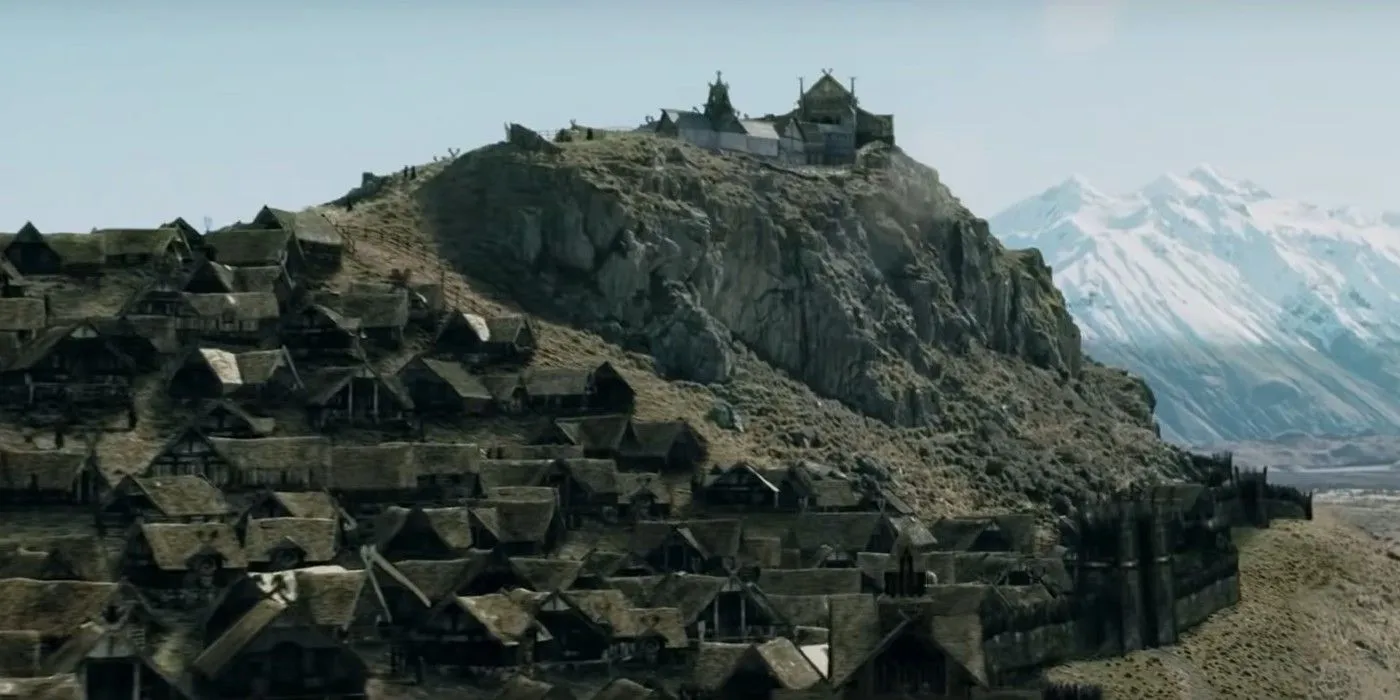
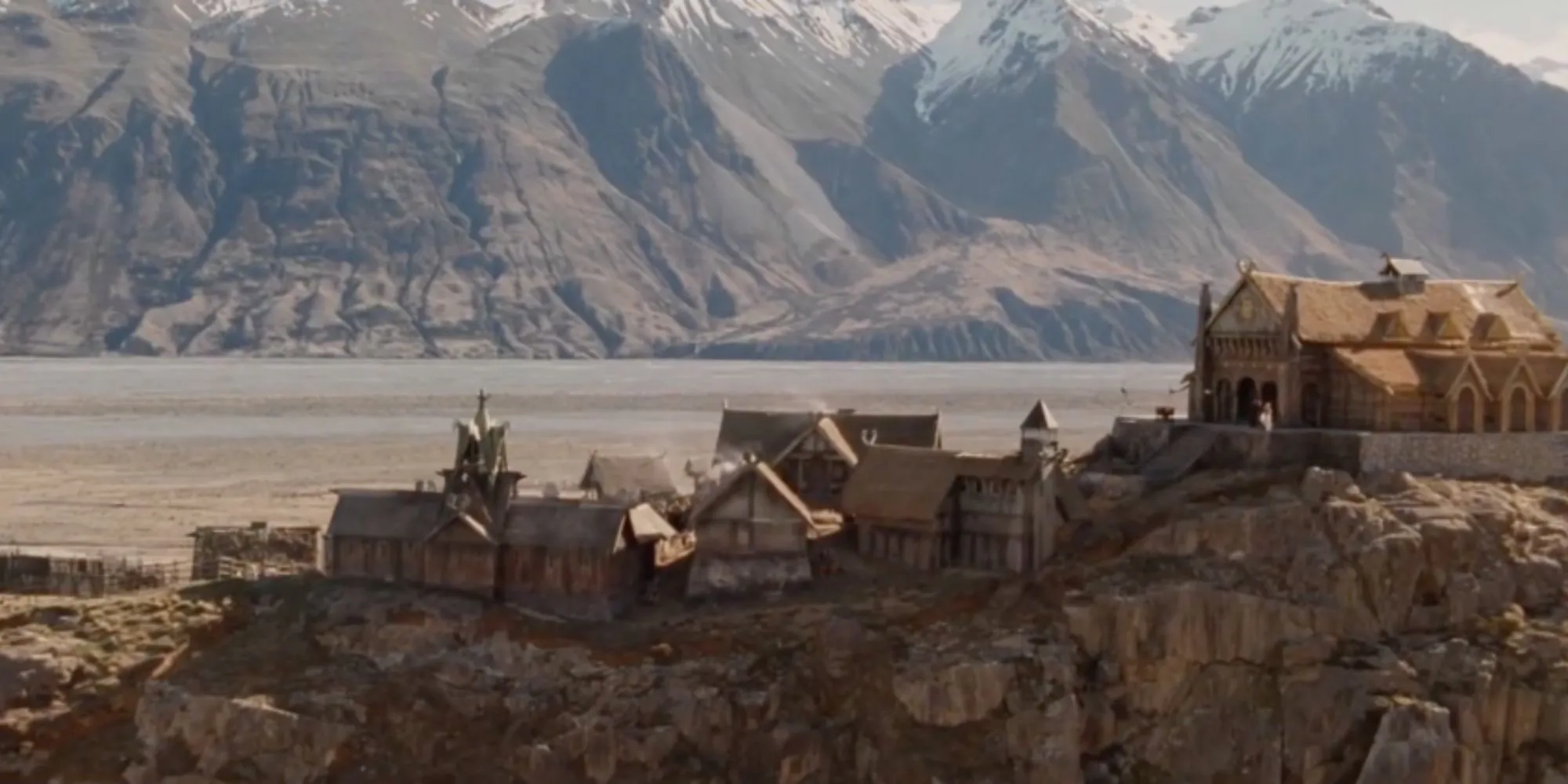
This theory posits that Theo’s lineage could ultimately lead to the establishment of Rohan during the Third Age, drawing on the similarities between his name and that of the royal family in Tolkien’s narrative. Tolkien deeply valued names and their implications, a belief that resonates in the careful crafting of names in The Rings of Power.
For instance, Theo’s name has notable similarities to Théoden, the esteemed King of Rohan during the War of the Ring. Furthermore, Theo’s mother, Bronwyn, shares a naming convention with Éowyn, Théoden’s courageous daughter who played a pivotal role in defeating the Witch-King. Additionally, a scene where Arondir gifts Bronwyn seeds connects them to the famous alfirin, later known as simbelmynë in Rohan, a flower that signifies the tombs of its kings.
However, a critical challenge to this theory arises from the lengthy timeline within Tolkien’s world. The Rings of Power unfolds during the Second Age, while Rohan’s foundation did not occur until the Third Age’s year 2510, a gap of nearly five millennia. Hence, while Theo may indeed be a distant ancestor of Eorl the Young, direct evidence linking him to this lineage remains weak without further context.
4. To Nazgûl
Theo May Transform into a Servant of Darkness
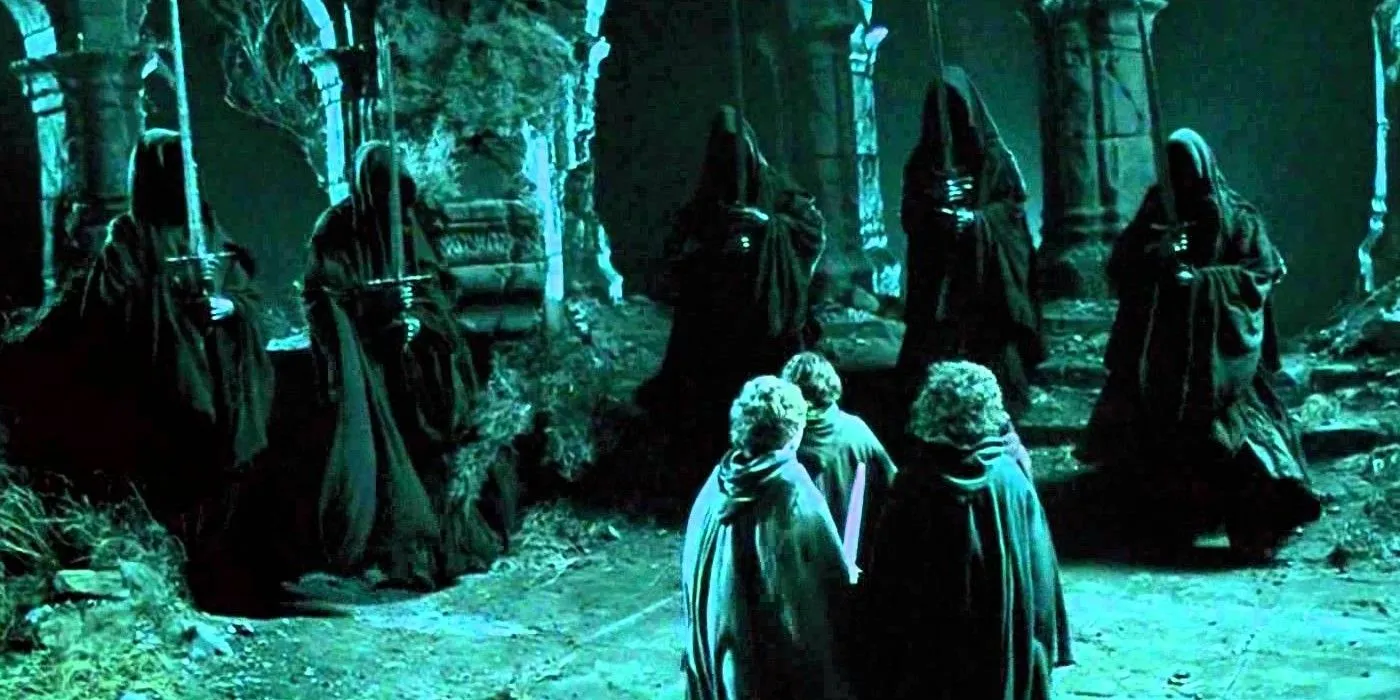
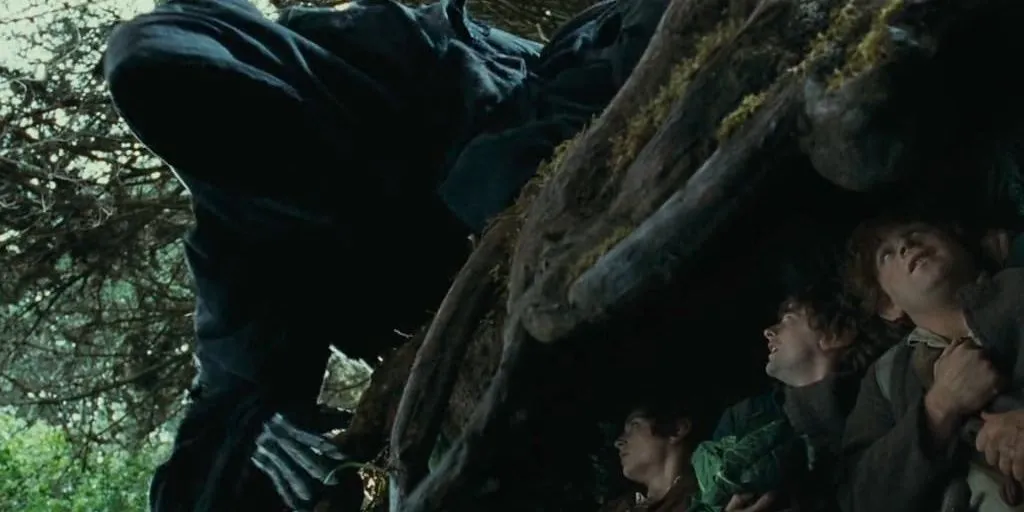
Tolkien’s chronicles indicate that the nine men who received Sauron’s Rings of Power initially gained great power and affluence. However, over time, those rings corrupt their bearers, rendering them mere wraiths bound to Sauron’s will. Notably, the identities of these nine individuals remain largely unknown, accentuating the air of mystery surrounding them.
Although only one Nazgûl is mentioned by name—Khamûl, known as the Shadow of the East—there remains a potential narrative avenue for Theo to become a Ringwraith. However, considering the established timelines in Tolkien’s work, which states the Nazgûl first emerged in S.A. 2251, any storyline featuring Theo’s transformation into a wraith would likely require significant development or a time-skip.
3. Witch-King of Angmar
Theo Could Rise as the Leader of the Nazgûl
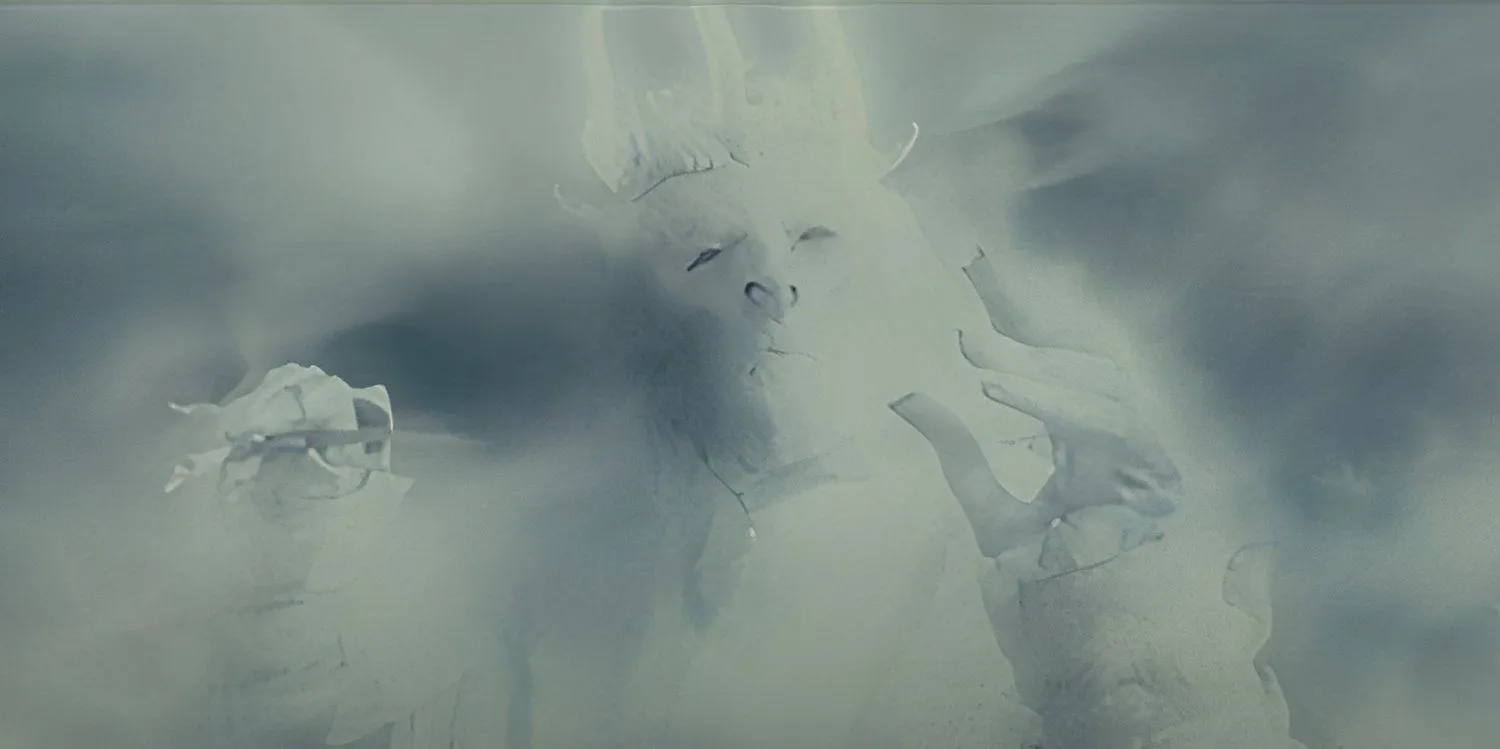
While this theory shares common ground with the idea of Theo becoming a Nazgûl, it emphasizes a more profound role as the Witch-King himself—Sauron’s most formidable servant. This character established the dark kingdom of Angmar in T.A. 1300 and relentlessly pursued the destruction of the Kingdom of Arnor.
|
The Timeline of the Witch-King of Angmar |
|
|---|---|
|
The Nine Rings are forged |
Second Age 1500 |
|
The Nazgûl first appear |
S.A. 2251 |
|
Witch-King’s founding of Angmar |
T.A. 1300 |
|
The Witch-King’s defeat |
T.A. 3019 |
The prospect of Theo becoming the Witch-King is particularly tragic. With his clear allure to power and darkness, his position as Lord of Pelargir—which historically becomes a significant city in Gondor—could serve as a catalyst for his ultimate betrayal, shifting from a governing role to becoming a harbinger of doom against the same lineage he may once have allied with.
2. The Mouth of Sauron
Theo Might Emerge as the Mouthpiece of Sauron
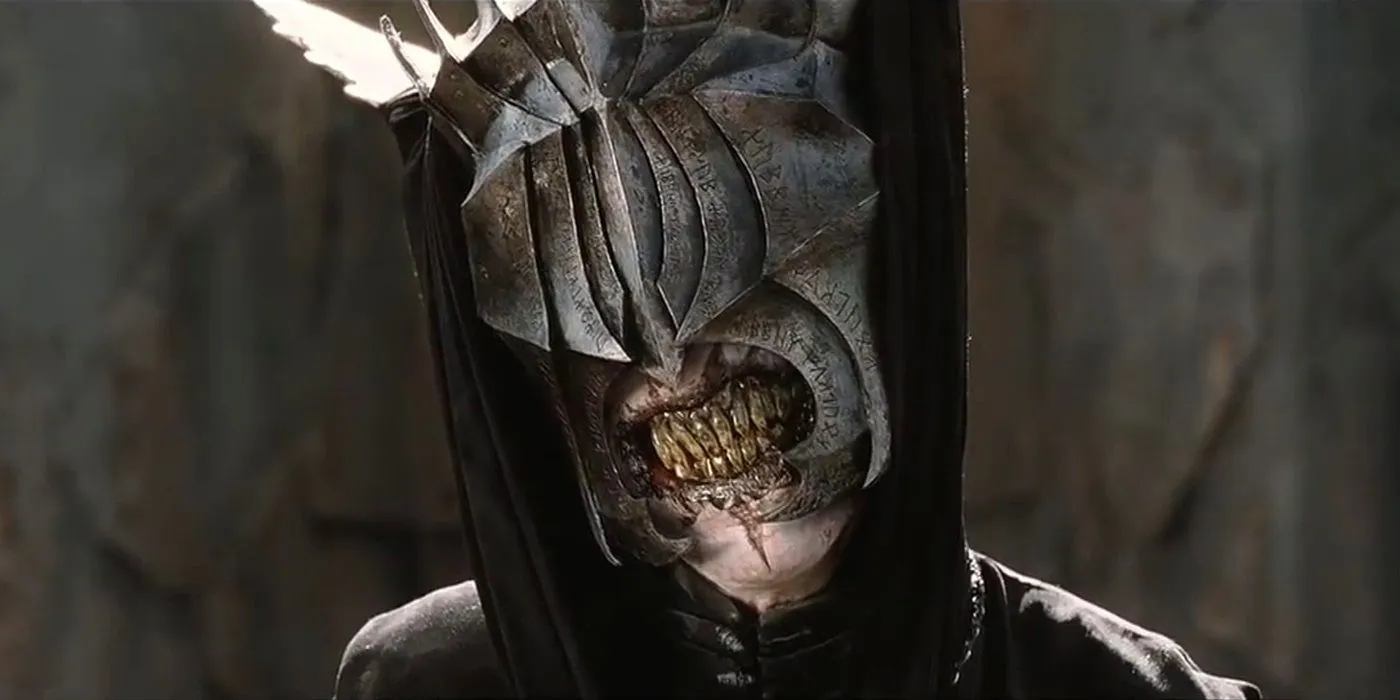
Another intriguing theory suggests that Theo could eventually assume the role of the Mouth of Sauron, a formidable minion of the Dark Lord. The Mouth of Sauron acts as Sauron’s chief emissary, delivering critical messages to the leaders of Middle-Earth just before pivotal battles.
In the closing moments of Rings of Power‘s first season, a significant interaction occurs between Sauron—disguised as Halbrand—and Theo. Sauron’s keen interest in Theo implies he is evaluating the boy’s potential, possibly considering him as a suitable candidate for one of the Rings he is set to create in the next season. This scenario raises questions about Theo’s ambition and Sauron’s manipulative influence.
1. King of the Dead
Theo May Become a Condemned Soul
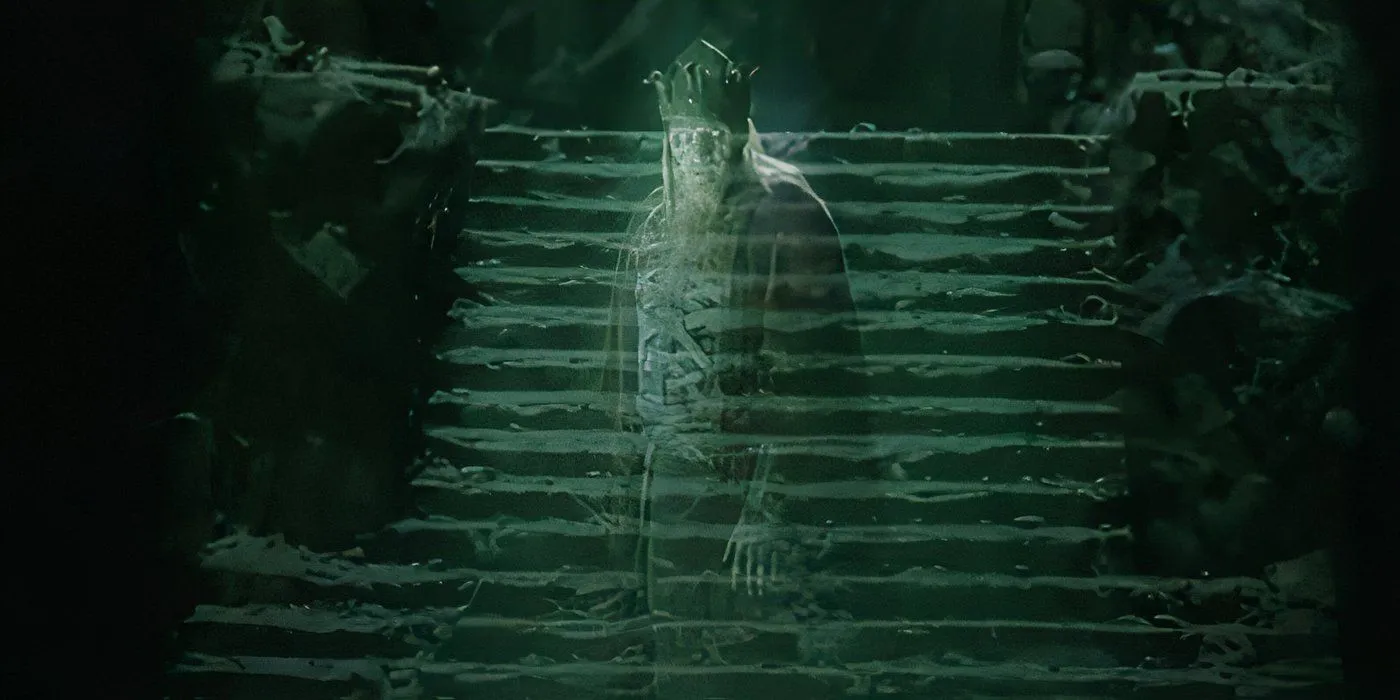
The most promising theory regarding Theo’s fate portrays him as the King of the Dead, a character introduced in The Return of the King. Initially recognized as the King of the Mountains, this character played a pivotal role before being cursed for treachery against Isildur, ultimately leading to his miserable fate as an oathbreaker.
When Sauron’s forces invaded at the conclusion of the Second Age, the Men of the Mountains were bound by their oath to Isildur but refused to honor it. Their failure led to a curse, trapping them in wraith-like existence until the rightful heir, Aragorn, finally liberated them after countless years of torment.
Considering Theo’s rise to power as the Lord of Pelargir, he could develop ties to the Men of the Mountains narrative, potentially leading him to dwell in the White Mountains. His close connection to Isildur introduces an emotional dynamic that could eventually culminate in betrayal, aligning Theo’s ambition with a tragic legacy.
For further insights and visuals about these theories surrounding Theo, click the link here.




Leave a Reply